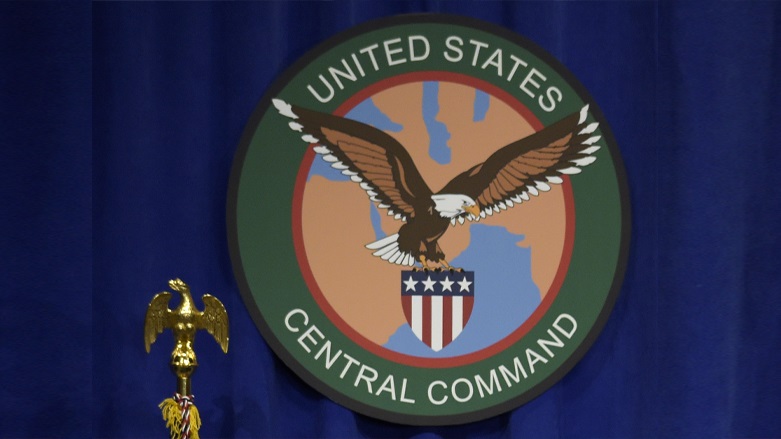CENTCOM Launches Two-Day Attack on Houthi Targets
The attack marked almost a complete reversal of the initial position of the Biden administration toward Iran, as it prepares to leave office in less than three weeks.

Jan 1, 2025
WASHINGTON DC, United States (Kurdistan 24) CENTCOM responded to Houthi attacks on U.S. Navy warships and commercial vessels by bombing sites in Yemen associated with those attacks.
On Tuesday, CENTCOM issued a statement explaining that the U.S. strikes had occurred over the course of two days: that day, as well as Monday. Together they constituted a parting shot against the group, as the year 2024 drew to an end.
Notably, the attack marked almost a complete reversal of the posture of the Biden administration toward Iran that it initially held, as it now prepares to leave office in less than three weeks.
In January 2021, when the Biden administration first took office, it believed that a primary cause of instability in the Middle East was U.S. pressure on Tehran—as embodied, for example, in then-former President Donald Trump’s decision to leave the Obama-era nuclear deal, formally known as the Joint Comprehensive Plan of Action (JCPOA), and reimpose sanctions on Iran.
Indeed, on Sept. 29, 2023, Joe Biden’s National Security Advisor Jake Sullivan told The Atlantic Festival, a two-day policy forum hosted by The Atlantic magazine, “The Middle East is quieter today than it has been in two decades.”
Sullivan attributed that success to the administration’s policy “to depressurize, de-escalate, and ultimately integrate the Middle East region.”
The Biden administration, thus, believed it had worked out a modus vivendi with Iran which maintained quiet in the region. But just eight days later, Hamas launched its brutal cross-border assault on Israel. The New York Times subsequently wrote, “Jake Sullivan’s ‘Quieter’ Middle East Comments Did Not Age Well.”
Reflecting the reversal of the Biden administration’s policy over the course of the following year, CENTCOM’s statement on Tuesday clearly identified the Houthis as “Iran-backed,” overcoming the administration’s initial reluctance to recognize Iran’s role in the attacks carried out by its proxies.
CENTCOM’S Strikes on Yemen
As CENTCOM’s statement explained, it “conducted multiple precision strikes against Iran-backed Houthi targets in Sana’a,” Yemen’s capital, “and coastal locations within Houthi-controlled territory in Yemen.”
“On Dec. 30 and 31,” the statement continued, “U.S. Navy ships and aircraft targeted a Houthi command and control facility and advanced conventional weapon (ACW) production and storage facilities that included missies and uncrewed aerial vehicles (UAV.)”
“These facilities were used in Houthi operations,” including “attacks against U.S. Navy warships and merchant vessels in the southern Red Sea and Gulf of Aden,” it stated.
It appears that the Houthis responded with an attempt to retaliate, as CENTCOM’s statement also described a second set of targets which it struck
“A Houthi coastal radar site and seven cruise missiles and one-way attack UAVs over the Red Sea” were also destroyed, it said.
“There were no injuries or damage to U.S. personnel or equipment in either incident,” CENTCOM said.
